5 Tips for Helping Beginning Readers Learn to Read
Practical strategies for supporting early readers as they learn to read.
Do you have a new or budding reader in your life? Watching a child learn to read is a magical time. But, it can also be a cause for concern for parents – how do I help my child when he or she comes to a word they don’t know? Does my child need to read to himself or herself or is it okay to read aloud? What if my child says the book is too hard? How do I help my child understand what he or she is reading? These are just a few of the questions I have heard from parents of new readers over my 20 years in education.
So, let me give you five big tips to help you on this new and exciting journey.
5 Tips for Helping Beginning Readers
1. Understand a New Reader
First, new readers need to read aloud. They need to hear themselves to process this new skill of reading. Plus, we need to hear them so we know when and how to step in and help. And, they need to read a lot!
If you aren’t available to listen to your new reader, here are some read-aloud buddy ideas to try.
2. Coach Decoding
The second big question I get is, “What do I do when my child gets stuck on a word?” Don’t tell your child the word. Let’s think of a stop light.
Stop: When your child is stuck, say nothing. Count to 5 slowly in your head to give your child a few moments to try and to problem solve on his/her own.
Slow: Think about which strategy would be best to share with your child to help him/her problem solve.
If your child hasn’t figured out the word, continue on to green.
Go: Suggest a strategy for your child to try and then ask him/her to give it a go!
Here are a few prompts to try;
– Get your mouth ready for the first sound and see if the word pops out.
– Do you see a little word inside the big word that you know?
– Think about what word would make sense here.
Check out this free printable resource for more prompts to help kids decode words.
3. Model Fluency
My child’s reading is so choppy. What can I do?
New readers have to stop to decode words which slows down fluency and expression. There are three things that will help a new reader become more fluent.
1. Continue to read-aloud to your child during the day. When you read, you are modeling fluent reading. Read with lots of expression!
2. Provide your child lots of opportunities to practice reading aloud with easy books. Use books that he or she has already mastered decoding. This way your child can focus on their fluency and not decoding.
3. Give it time. As your child becomes a more confident reader, fluency will follow.
4. Check for Understanding
Beginning and early reader books typically don’t have a big storyline to follow but you still want to encourage your child to think about the story he or she has read. After a few pages of reading say, “Tell me what has happened in the story so far.” This teaches your child to stop and reflect as he or she reads.
5. Pick Just Right Books
Finding books that are “just right”for your child is probably the trickiest part of supporting a new reader. There is no universal leveling system amongst publishers. These are the resources that I use the most often to help me find leveled readers;
- Leveled Conversion Sheet
- Portland Public Schools Leveled System
- Scholastic Book Wizard
What questions do you have about helping beginning readers read?
You might also like;

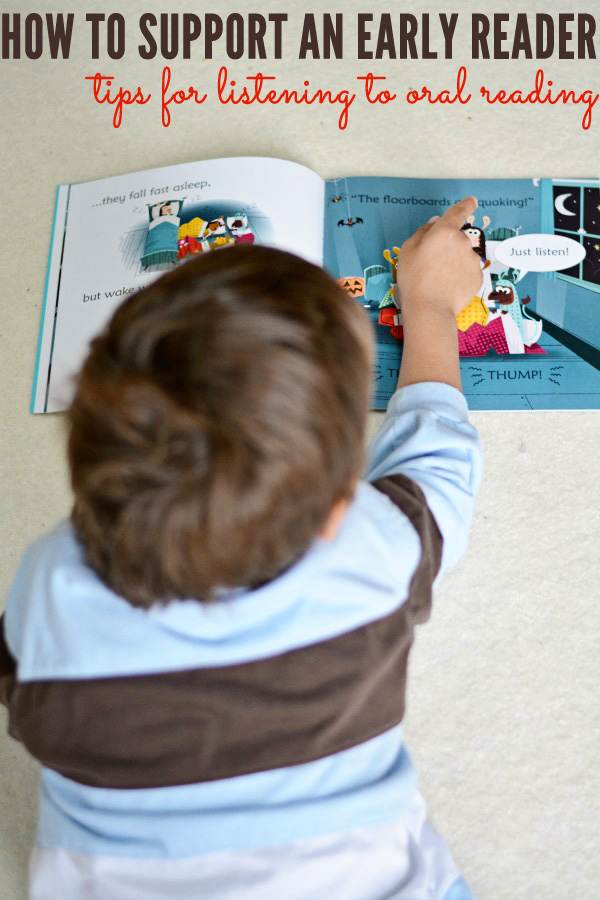
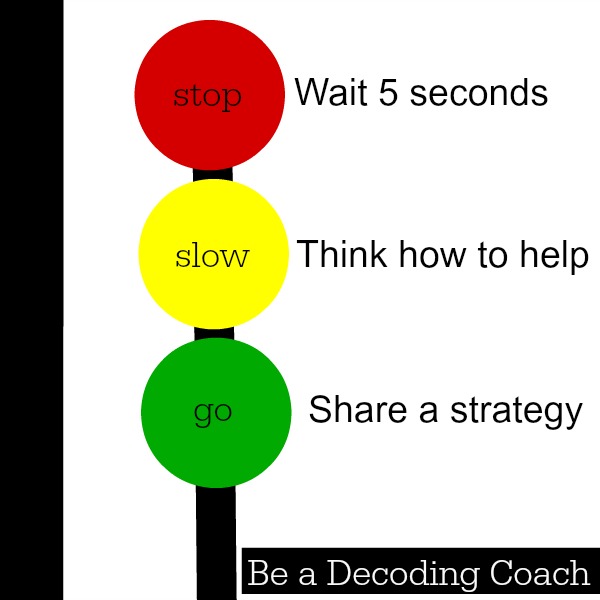
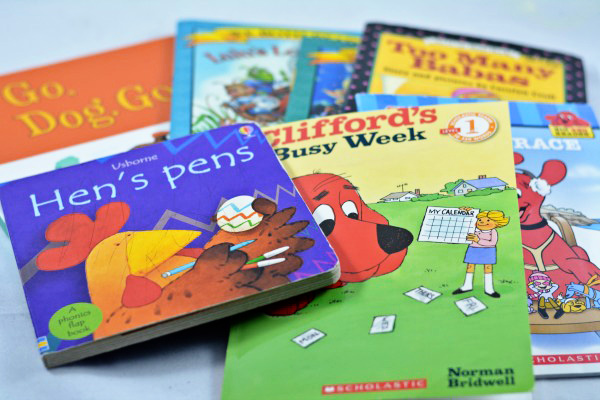
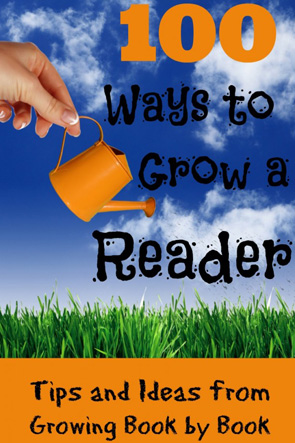
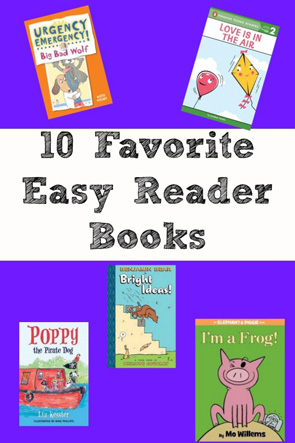
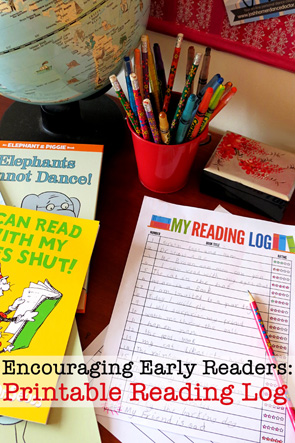
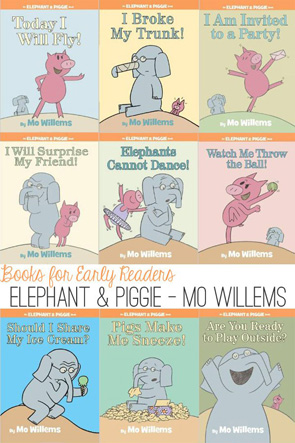
What is the best response when a child incorrectly decodes a word but doesn’t notice?
Hi Jane,
Sometimes kids will self-correct when they get to the end of the sentence and realize that it doesn’t make sense and correct themselves. But, you can also prompt them at the end of the sentence if they don’t. For example, you could say, “Does that make sense?” or point to the word when they are done with the sentence and say, ” You said ______. Does that look right? or Does that sound right?” Hope that helps.
Best,
Jodie